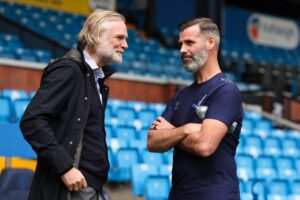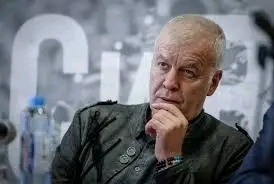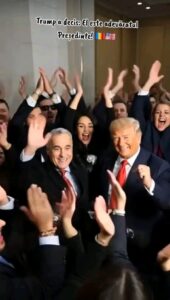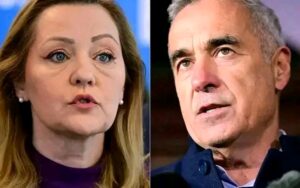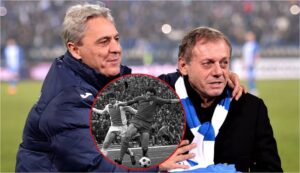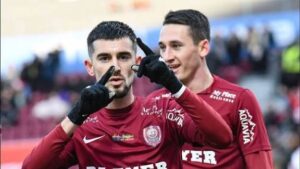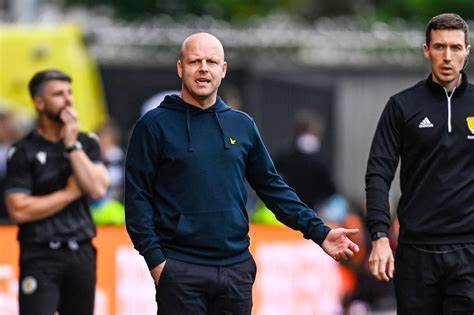
Former Hearts boss Steven Naismith has reflected on his time in charge and admitted to a key mistake he made early in the season, which may have contributed to his eventual sacking.
Naismith led Hearts to a third-place finish in the Premiership last season, securing a spot in the new league phase of the Europa Conference League. However, a disappointing start to the current campaign led to his dismissal in the autumn. His replacement fared no better, lasting just six months before being sacked after a 1-0 defeat to Dundee—a result that left the club five points clear of the relegation play-off spot ahead of their clash with Ross County.
Speaking on The Warm Up, Naismith gave his assessment of Hearts’ struggles:
“When the new manager came in, there was a bit of a lift, but it’s all come down to failing in the big moments. Even in the first game of the season against Rangers, we played well but didn’t win. Then came a poor run of form, we didn’t progress in Europe when we had the chance, and people started pointing at the big matches. If you don’t deliver in those, pressure builds.”
Naismith also pointed to mentality issues, saying:
“That loss to Motherwell was especially telling—it was too passive. That comes down to mindset. At clubs like Hearts, Hibs, and Aberdeen, the expectation is high. You’re expected to win everywhere. When teams turn up just aiming for a draw at places like Tynecastle, the onus is on the players to rise above that. That’s where we’ve fallen short.”
He also highlighted the use of analytics in modern football, but cautioned that while data helps, the team still needs someone who can galvanize the squad and bring fans back onside. “It’s going to take time,” he said. “Fans want results and progress now, with expectations of third place and deep cup runs.”
Looking back on the summer transfer window, Naismith admitted that not signing another striker to support Lawrence Shankland was a mistake.
“Ideally, we wanted to bring in a striker, but I wasn’t willing to take a gamble just for the sake of signing someone,” he explained. “Maybe that’s where I went wrong—thinking too long-term. I figured we could wait until January for a better option, but results didn’t allow for that. That’s on me. After finishing third the year before and qualifying for Europe, the expectation was for the club to kick on. But it just didn’t play out that way.”
